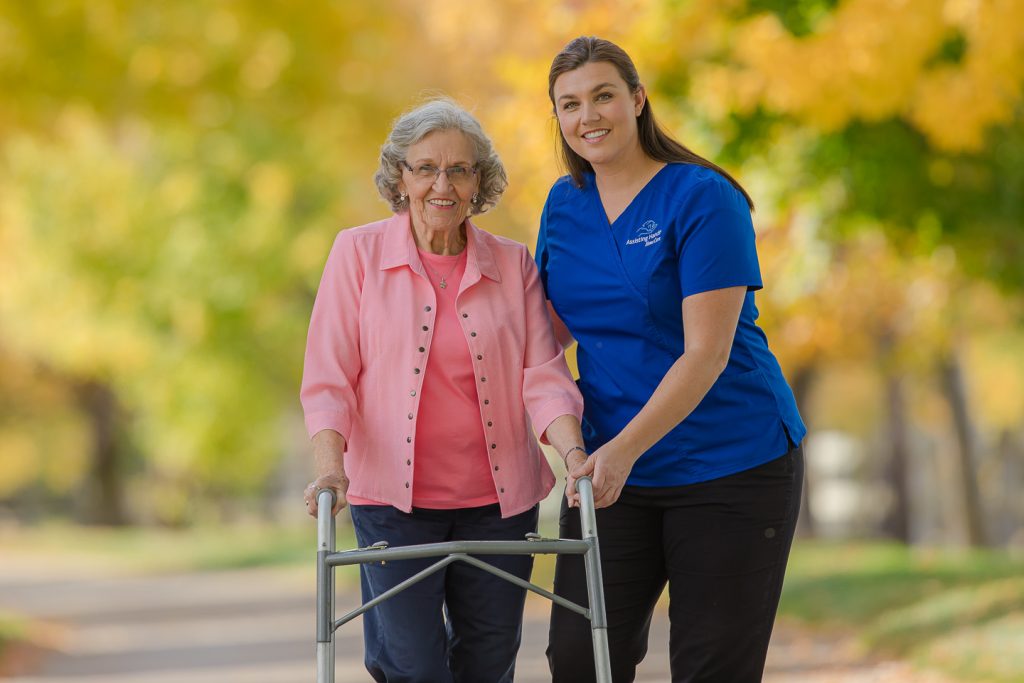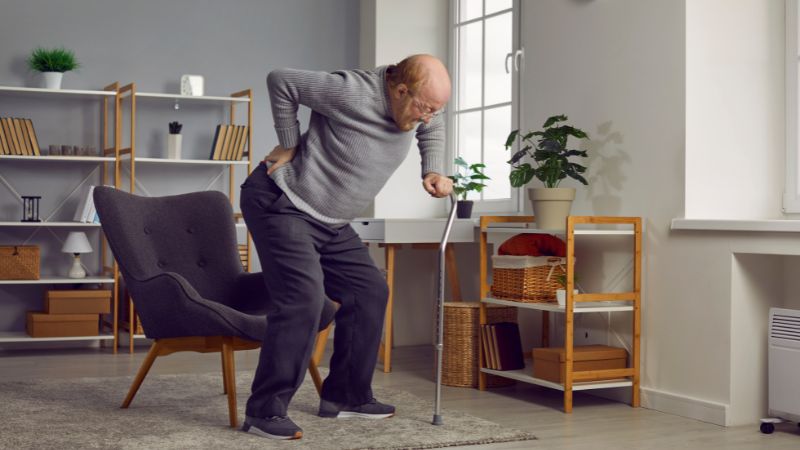
Adults must regularly make informed decisions that impact their daily lives. But when a senior develops Alzheimer’s disease or experiences a stroke, making meaningful decisions becomes impossible. In such cases, the family might consider beginning the process of seeking elderly guardianship.
The aging process increases the risk for certain brain diseases. Alzheimer’s disease and other forms of dementia are more prevalent in the elderly. Strokes, too, occur primarily in people aged 65 and older. A brain injury or other serious health issue can incapacitate a senior’s mental functioning.
Alzheimer’s disease, for instance, affects a senior’s memory, judgement and ability to communicate. When a progressive brain condition, like Alzheimer’s disease or other type of dementia, sets in, the aging adult will have trouble making rational decisions about finances, healthcare, and daily life.
Similarly, a senior who has a stroke will suffer immeasurably, depending on the severity of the injury. The stroke survivor may be unable to speak or will experience paralysis. Speech and language problems, vision problems and memory loss will impact the individual’s ability to make sound decisions.
Cognitive decline will also cause inadvertent self-neglect. The affected senior will struggle or forget to take his medications, maintain personal hygiene, or pay the household bills. Making appropriate financial and life decisions become major challenges for seniors experiencing cognitive decline.
Learn about How Long Can a Dementia Patient Live at Home?
What is elderly guardianship?
In order to promote the senior’s quality of life and safety, elderly guardianship may be sought out. Guardianship is a legal relationship whereby the courts appoint a person, oftentimes a family caregiver, to care for the incapacitated senior and make decisions regarding his welfare.
The guardian makes decisions that influence where the ward (the incapacitated senior) lives. The appointed individual will decide what healthcare the senior receives. In addition, the guardian makes decisions about the senior’s finances and how the elderly person’s daily needs are met.
Consider the following example: An 85-year-old develops dementia and is no longer capable of driving safety or taking care of himself. However, the senior believes he has the ability to drive and live independently. In such cases, it is in the senior’s best interests that his adult child seek guardianship.
Learn more about Adult Guardianship in Illinois
What are the drawbacks of elderly guardianship?
Guardianship is a benefit to seniors who are no longer able to care for themselves. At the same time, however, the senior loses some of his rights once a guardian is appointed. For example, the elderly individual may lose the rights to manage finances or make financial decisions.
Furthermore, the senior who is appointed a guardian will lose the right to choose where he lives. Similarly, the aging person will lose the right to choose his caregiver. At worst, the appointed guardian may fail to act in the senior’s best interests.
Petitioning for guardianship is an expensive process. Petitioners must fill out numerous forms, follow countless procedural requirements and attend several court hearings. Plus, any opposition to the petition, such as from the senior or relatives, will make the process emotionally draining.
How do families seek elderly guardianship?
When a senior no longer has the ability to take care of himself, the family may consider seeking guardianship. The first step in seeking guardianship is to obtain a physician’s certificate that attests to the elderly patient’s physical and cognitive abilities.
Families should be aware that a senior with Alzheimer’s disease, for instance, may resist submitting to the medical evaluation. The family is advised to still submit the application for guardianship. The courts will subsequently order the senior to undergo the medical examination.
Petitioning for guardianship is a straightforward process. Submitting the paperwork does not automatically grant guardianship, however. The courts examine the petitioner’s ability to serve as a guardian, scrutinizing financial responsibility, criminal background, and whether the petitioner has any conflicts of interest.
Upon conducting a thorough investigation, the courts will grant the guardian either limited or broad authority. Several parties might be given guardianship responsibilities. A bank trustee may serve as a corporate guardian and oversee financial decisions, while a family guardian handles living arrangements.
What are alternatives to elderly guardianship?
Helping a senior live safely and with a continued high quality of life can be accomplished in ways other than seeking guardianship. Two common alternatives that do not involve the courts are granting power of attorney and granting medical power of attorney.
Power of attorney grants an individual, such as a family member, the right to make financial decisions for the senior if the latter becomes incapacitated. Power of attorney is granted when the senior is putting together estate planning documents, for example.
Medical power of attorney allows an individual to make healthcare decisions for the senior if he develops a condition that prevents sound decision-making. A medical power of attorney is also known as a healthcare proxy; this individual carries out the senior’s wishes as noted in his advanced directive.
A family may seek guardianship to best protect and serve the senior. If guardianship is sought out, a family guardian will need to make decisions about the senior’s day-to-day care. One way to ensure quality care is to enlist the services of Assisting Hands Home Care.

Assisting Hands Home Care provides comprehensive elder care services that meet a senior’s daily nonmedical needs. Our professional caregivers are experienced in a wide range of elder care services. We offer compassionate in-home memory care, hospice home care, and post-hospitalization care, among others.
Skilled caregivers from our reputable home care agency tend to the daily needs of seniors. We help with personal hygiene tasks, provide safe transportation, cook balanced meals, and shop for fresh groceries. Our caregivers are excellent companions who build bonds with the seniors we serve.
Consult Assisting Hands Home Care when your elderly loved one is in need of reliable support. The senior will have the welcome opportunity to age in the comfort and familiarity of home. We are privileged to serve seniors living in Glen Ellyn, Warrenville, Naperville, Westmont, Woodridge, Lisle, Wheaton, IL and surrounding areas. (See All Served Areas). Call us at (630) 634-9316 to schedule an in-home consultation.















